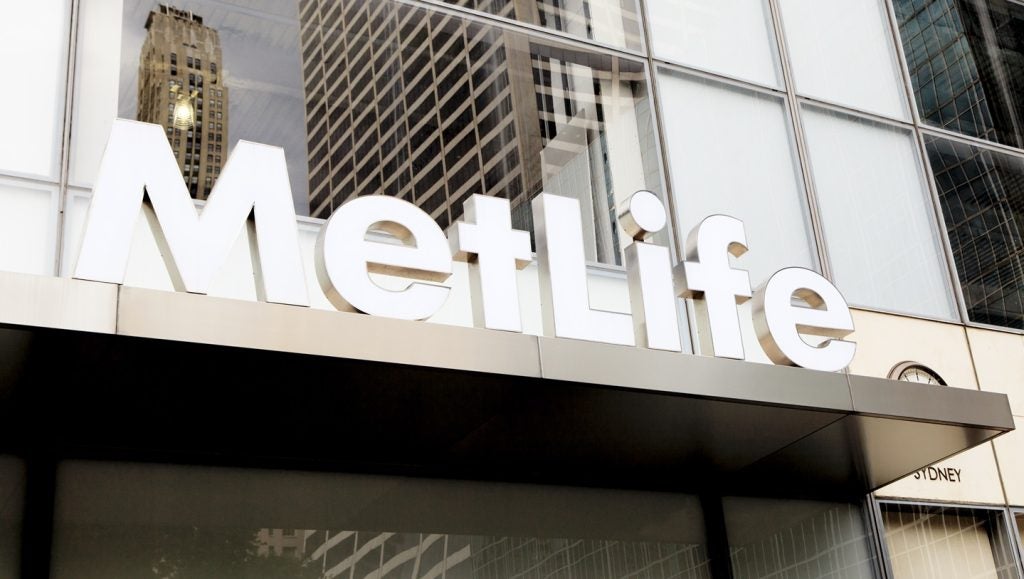Most of ASEAN's banking sectors are likely to face weak loan demand and further pressure on asset quality in 2017, according to Fitch Ratings.
The rating agency maintained its negative banking sector outlook for Indonesia, Malaysia and Thailand, and has moved Singapore's to negative from stable to reflect continued asset-quality risks from oil & gas exposures and broader pressures from a slowing economy.
Only the Philippines and Vietnam – where economic prospects are brighter – have stable sector outlooks, Fitch said.
“Weak global trade, low commodity prices and the slowdown in China's economy have all contributed to a weakening of GDP growth over the last few years across many members of the Association of Southeast Asian Nations. We expect only a slight pick-up in 2017, while the continued build-up in Chinese corporate debt and the possibility of a rise in US protectionism, renewed dollar strength and higher US interest rates have added to downside economic risks,” according to a statement.
In these subdued economic conditions, limiting opportunities for earnings growth, the loan demand will likely remain soft, th rating agency opined.
“We also expect NPL ratios to rise in most ASEAN banking sectors. Asset-quality issues are likely to continue to broaden in Thailand and Indonesia, with loans to the SME sector, in particular, vulnerable to the muted economic environment,” Fitch said.
How well do you really know your competitors?
Access the most comprehensive Company Profiles on the market, powered by GlobalData. Save hours of research. Gain competitive edge.

Thank you!
Your download email will arrive shortly
Not ready to buy yet? Download a free sample
We are confident about the unique quality of our Company Profiles. However, we want you to make the most beneficial decision for your business, so we offer a free sample that you can download by submitting the below form
By GlobalDataBanks in Singapore and Malaysia are more exposed to stress in the oil & gas sector and the rating agency expects operating conditions for the oil & gas sector to remain tough, despite a modest recovery in energy prices, which will place continued pressure on more vulnerable sub-segments such as oil service operators.
Singapore banks were hit by debt restructuring and defaults in the oil & gas sector in 2015-2016, which pushed up the average NPL ratio of the three local banks to 1.4% at end-September 2016 from 1.1% at end-2015, Fitch revealed.
“That said, ASEAN banks are generally well-placed to cope with the difficult credit environment. Underwriting standards have mostly been stable and we generally expect a manageable cyclical deterioration even in the more challenged banking markets,” the statement added.
Risks to banks in these markets are also mitigated by healthy loss-absorption buffers, sound funding and liquidity positions and – in the case of Singapore, Thailand and Malaysia – macroprudential regulations that have helped to stave off credit excesses over the past few years.
Banks in the Philippines and Vietnam face a much more supportive economic environment that should translate into robust loan demand and steady asset quality next year, the rating agencu noted.
However, Vietnam's banking sector has structural systemic weaknesses – thin capital buffers, a large NPL stock and low profitability – that can only be addressed over the long term.







